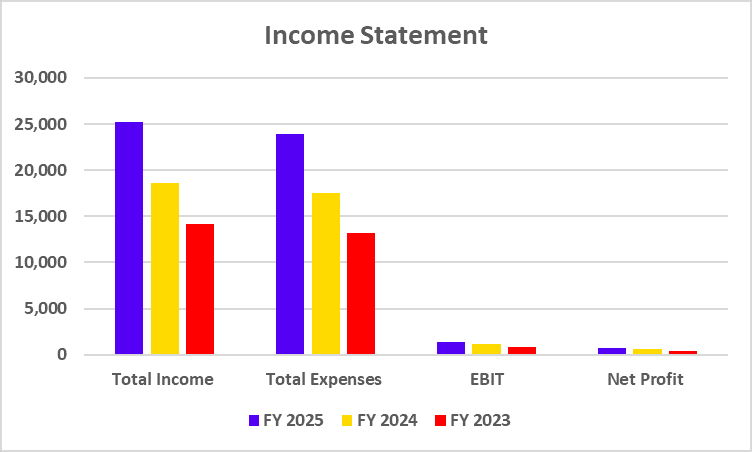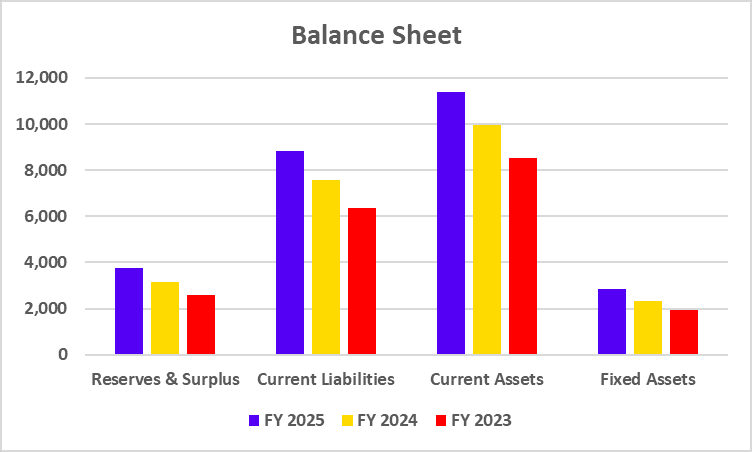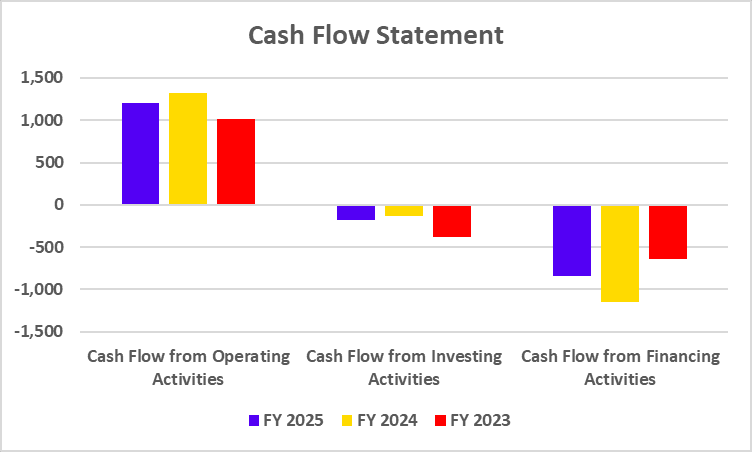When we hear the word “bond,” we usually think of a secure and reliable way to invest. You give the issuer money, they pay you interest/coupon, and then you get your invested money back at maturity. Isn’t that too simple? Perhaps not always.
Callable bonds are a kind of bond with an embedded call option. These bonds let the company pay you back early, like paying off a loan before the due date. It might sound strange, but there is a reason for it, and it could impact your returns.
In this blog, we will explain what callable bonds are, why companies prefer issuing them, how they work, and what you should be careful of if you want to buy them.
Understanding Callable Bonds
Callable bonds, sometimes referred to as redeemable bonds, are the kinds of bonds in which the issuer may choose to repay you before the bond’s actual maturity date. For example, if a company issues a bond with a 10-year term, they may decide to return your money and stop giving you interest after five or six years. They are “calling” the bond at that point.
Let us say you buy a bond from XYZ Ltd. It should mature in ten years and pay you 8% interest annually. However, market interest rates fall to 7% after five years. XYZ chooses to call back the bond, simply returning your money early and issuing new bonds at the lower rate, after realising it can now borrow money at a lower interest rate.
Example
Assume you purchase a bond issued by ABC Ltd. This is how the transaction looks like:
You give them a ₹1,000 loan. They guarantee to give you ₹80 a year, or 8% interest or coupon. The bond has a 10-year term. However, after five years, the company may choose to “call” the bond.
What You anticipate: In ten years, you expect to earn ₹80 annually and receive your ₹1,000 back along with ₹800 in coupon payments.
However, here is the catch: Suppose that after five years, market interest rates fall to 7%. Now the issuer will think that why are they still paying 8% when they could borrow money from someone else at just 7%?” Thus, the bond is called back. In simple terms, they return your ₹1,000 and stop coupon payments after that.
Now, How Does That Affect You? You received your ₹1,000 back. However, you must now reinvest that ₹1,000, and since interest rates are lower, your future earnings will be lower.
Read Also: What Is Foreign Currency Convertible Bonds (FCCB)?
Why do Companies Issue Callable Bonds
Companies prefer issuing callable bonds because of the following reasons:
1. To Reduce Interest Expenses
Suppose a business borrows funds by issuing bonds with a 9% coupon rate. Interest rates drop to 8% a few years later. The company now has the option to pay back the bonds early and issue new bonds at a lower interest rate.
2. Adaptability Always Pays Off
Markets fluctuate, and objectives change. Companies can control their debt with callable bonds. Instead of being stuck with the bonds for the long run, they can easily call them back if they are doing well financially or no longer need the borrowed funds.
3. Restructuring Debt
Companies prefer to be a few steps ahead. They would prefer the option to restructure their debt at a later time if they believe that interest rates will decrease or that their credit score will rise. They are able to keep that door open through callable bonds.
4. Investors Continue to Express Interest
Callable bonds do carry some risk for investors, primarily the possibility that the bond will be called early. However, issuers generally offer higher interest rates to offset this risk. Thus, a lot of investors are still happy about buying them.
Read Also: What Are Corporate Bonds?
Benefits of Investing in Callable Bonds
Adding them to your portfolio can be very helpful. Let’s find out what makes them interesting:
1. They usually pay more interest
Callable bonds usually have a higher interest rate than regular bonds. Why? The company might pay you back early, so they give you more to make it worth your while. If you want better returns on fixed income, this could be a good option.
2. Early payout with a bonus
If a bond is called before maturity, the company returns your principal along with a small extra amount known as the call premium. This means you could receive your money back plus a bonus earlier than expected.
3. Good When Interest Rates Are High
When interest rates are high, you can get higher payouts on callable bonds for as long as the bond is active. Even if the bond gets called, you have still made a good amount of money in the meantime.
4. Good for Goals That Will Take a While to Reach
Are you making plans for something that will happen in a few years, like buying a house or paying for your child’s education? Callable bonds might work well, especially since many of them get called back before they reach full maturity.
Risks Involved in Callable Bonds
Some of the risks involved when investing in callable bonds is given below:
1. They Can Lower Your Expected Returns
One of the worst things callable bonds is that the company has the right to call the bond before its maturity . So, if you thought you would earn interest for 10 years before investing and they call it back in 5 years, then you might have to reinvest and settle for lower interest earnings or returns.
2. Planning for the future is not always easy.
You know exactly for how long regular bonds will last and how much money you will make. But with callable bonds, there is always a question mark: “Will they call it back?” If yes, then when? It is a little harder to plan for the long term when things are so unpredictable.
3. You could miss out on bigger gains.
Let us say that interest rates go down and bond prices go up. That would be great most of the time! But if the bond is called right when prices are going up, you lose out on those possible profits, which obviously does not feel good.
Read Also: What are Social Bonds?
Callable Bonds vs. Puttable Bonds
| Feature | Callable Bonds | Puttable Bonds |
|---|---|---|
| Who exercises the option? | The issuer gets to decide. | You, the investor, get to decide |
| The deal | The issuer can buy the bond back early, before maturity | You can sell the bond back early if you want out |
| Objective | Usually happens when interest rates drop, they want to refinance at cheaper rates | Usually, when interest rates go up, you want to reinvest at a better rate |
| Who controls the timing? | The issuer calls the bonds; you have no say if they decide to call the bonds | You get to choose when to exit (within the allowed window) |
| Risk | You might stop receiving the interest payments earlier than expected | Not much risk, you have the flexibility to exit if needed |
| Benefit | Higher interest rates, they are paying you more to take on the call risk | More control, you are not locked in if things change |
| Coupon | Generally higher, because of the risk you are taking on | Usually lower, since you have the advantage to exit early |
| Where do you find these? | Common in corporate and some government bonds | Not as common, found in select government or structured bonds |
Conclusion
Callable bonds offer a mix of pros and cons. They typically pay higher interest, which is attractive, but the issuer has the option to end the agreement early.So, are they worth it? Callable bonds can be a smart option if you are comfortable with some uncertainty in exchange for potentially better returns.
In the end, like any investment, it depends on your financial goals, your risk tolerance, and how comfortable you are with unpredictability. It is advised to consult a financial advisor before investing in callable bonds.
Frequently Asked Questions (FAQs)
Do callable bonds have higher interest rates?
Yes, most of the time. They offer a higher interest rate to make up for the risk that they could be called early.
If a bond is called early, could I lose money?
Not usually; you will get your principal back. But you will not get the interest payments you were expecting till maturity and may have to reinvest the capital at a lower interest rate.
When can issuer call a bond?
After a certain amount of time, called the “call protection period,” which is usually a few years after the bond is issued.
Are callable bonds a good investment for the long term?
They can be, especially if you want to make more money, but only if you can deal with some uncertainty.
What happens if the bond never gets called?
If the bond is not called then it is just like a regular bond, you keep getting interest payments until the bond matures.













